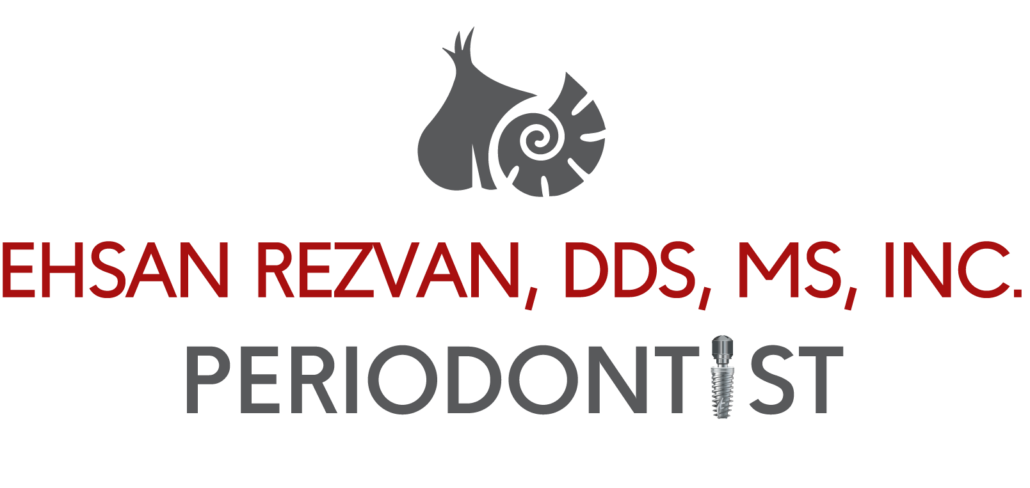World Oral Health Day – Ten Tips for Your Teeth
Taking proper care of your teeth is a lifelong job, with benefits that last just as long. The need for diligent oral hygiene doesn’t stem from a bad visit to the dentist’s office or a string of cavities. It’s something that even the most beautiful mouths should make an essential part of their daily routine.
From professional attention to the must-have products, we rounded up the top ten habits for healthy mouths:
- See your dentist twice a year.
Getting your teeth professionally cleaned twice a year is the most thorough way to make sure your mouth is clean as a whistle without any sneaky plaque or tartar build up. These biannual visits are also the perfect time for your dentist to check your mouth, teeth, and gums for infection, decay, or any signs of trouble down the road. In between visits, it’s your responsibility as a patient to do what you can every day to keep your teeth exactly how your dentist leaves them by brushing and flossing. - Always brush your teeth before bed.
While the dentist will give your teeth a top notch cleaning, it’s up to you to maintain your oral health and cleanliness between visits. That starts with brushing your teeth every night before bed. Everyone has had moments when they’re just so tired they can’t stand the thought of delaying bedtime any longer. In an effort to get under the covers faster, tooth brushing might get skipped, and that’s one of the worst things you can do to your mouth. Letting the germs and food particles collected during the day sit on your teeth all night is a recipe for cavities, infection, and maybe worse. For these reasons and more, getting in the habit of brushing your teeth before bed every single night is key for oral health. - Brush slow and steady.
Brushing your teeth every night is awesome. Brushing your teeth correctly every night is even better. Brushing your teeth poorly or without attention to detail is almost as bad as letting them go unbrushed. If the proper care and movements aren’t employed when brushing, damaging plaque and bacteria can be missed. By moving the brush in gentle, circular motions, you’re making sure the bristles reach every nook and cranny of your mouth. This helps prevent plaque from hardening and causing calculus build up and gingivitis. - Remember your tongue.
It helps us chew, talk, swallow, and more, making the tongue an essential part of overall oral health. While plaque is best known for building up on the surface of your teeth, it can also build up on your tongue. Plaque buildup on the tongue can lead to bad breath, infection, and other health problems, so it’s important to get rid of it. Simply brush your tongue—like your teeth—each time your brush your teeth to keep bacteria and plaque out of sight. - Try a toothpaste with fluoride.
Though the benefits of fluoride have come into question regarding its impact on other areas of health, it’s a crucial element in an effective toothpaste. Fluoride leads the charge against tooth decay, which makes it much more important than whitening factors and flavor options. Fluoride fights germs that can lead to decay and provides a protective barrier for your teeth. - Treat flossing as important as brushing.
Brushed? Check! Time for floss. Floss should be treated with as much importance as brushing. Not only does it lift tiny food particles from between your teeth, but it also stimulates the gums. Stimulating the gums helps to reduce plaque and lower inflammation between each tooth when floss is used. Though it can be difficult, don’t let the inconvenience stop you from flossing once a day. Small, or tiny, hands may have a hard time navigating string floss through the mouth, which is where flossers and flossing tools can step in to make all the difference. - Wash it all with mouthwash.
Brushed? Check! Flossed? Check! Now rinse it out. Mouthwash is used for much more than just a burst of minty freshness when you don’t have time to brush your teeth after lunch. Mouthwash reduces acid in the mouth, cleans areas around the gums that are hard to brush, and re-mineralizes the teeth in a way nothing else can. There are a lot of mouthwash options out there, so it’s best to ask your dentist for recommendations that will best fit your needs. - Utilize nature’s mouthwash.
Free of sugar, flavor, carbonation, or any unnatural element, water is the best beverage for your overall health and your oral health. Drinking water with and/or after every meal helps wash out sticky and acidic food and beverage remnants that could end up being harmful to your teeth and mouth. It’s also a low-lift way to clean the surfaces in your mouth in between brushes. - The crunchier the better.
Crunchy fruits and vegetables are good for you and for your teeth. They contain healthy fiber and are hard to chew, which causes your mouth to produce more saliva. That saliva acts like a naturally occurring mouthwash, tasked with washing away particles and bacteria that have been left behind. - Say no to sugar.
The opposite of water, food and beverages that contain sugar leave a sugary film in your mouth that eventually converts into acid. Acidic fruits, teas, and coffee can also wear down tooth enamel. That acid, if left untouched, can erode the enamel of your teeth, creating a perfect pathway for cavities and decay.
If you stick to these 10 habits, you’ll have a sparkling, healthy smile that lasts throughout the year—and your dentist will be very proud.



